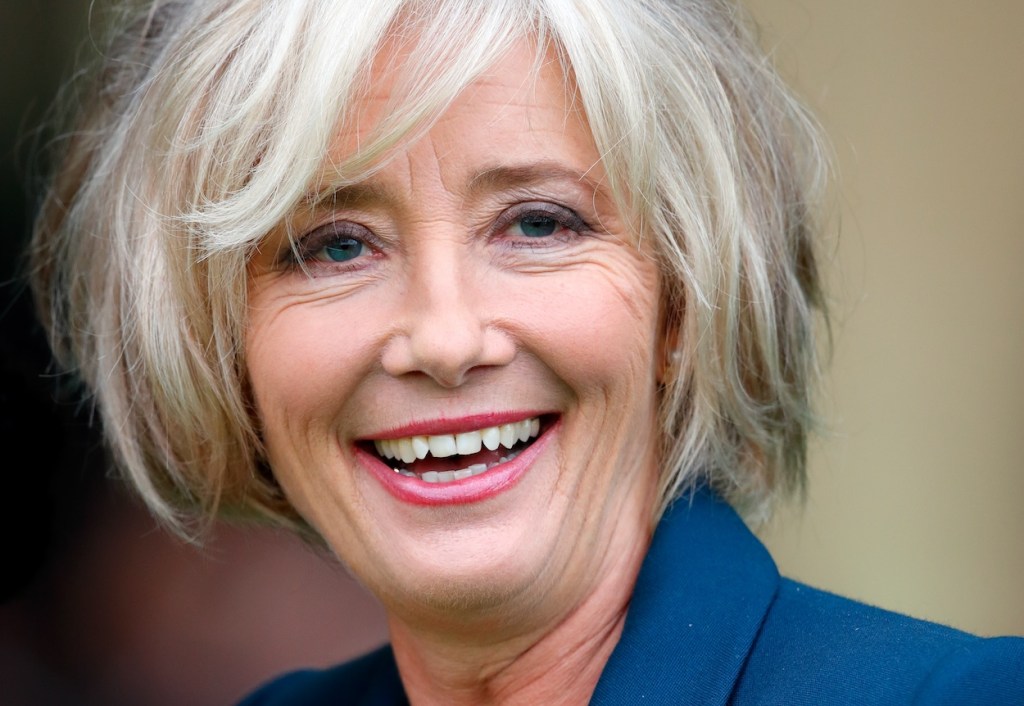Some time ago, I found myself sitting at a dinner opposite a Labour peer. We chatted over various things as the evening proceeded. Just before we were getting up to leave a new topic came up. “I am a convinced campaigner for assisted dying,” she said. “As a bishop, I suspect you’re not. Why don’t you think we should do it?” Put on the spot, struggling to know what to say, and knowing I probably had one line to deliver as we stood up to leave, I said something like this: “Life is a gift from God. It’s not up to us to decide when it ends.” She looked across at me with a pitying look and walked away, clearly unconvinced.
Christian faith still has something deeper to bring to this debate
I’ve often wondered what I should have said. Lord Falconer suggests that only secular people like him are ‘objective’ and religious people like me or Shabana Mahmood are biased and therefore our views are to be discounted. The idea that his secular perspective is not colouring his views, but that our religious ones are, or that he is not imposing his beliefs on others whereas we are, is of course, as Isabel Hardman has argued, philosophical nonsense.
Our religious beliefs shape our views, as his secular views shape his. The question is which perspective gives us a better, healthier and more coherent way of living together. I spoke recently to a key figure in the Church of England’s response to Assisted Dying who told me in no uncertain terms that religious arguments simply don’t wash in this debate. We have to use pragmatic and political ones that appeal to a wide audience. And so, the main arguments we have heard from church leaders and others against assisted suicide refer to the slippery slope argument: that legislation will inevitably in time become looser to include more candidates; care for the vulnerable, such as the elderly or the disabled who will feel pressurised into taking their own life, or, as the Health Secretary Wes Streeting has argued, the fact that palliative care is not yet robust enough in our health system to enable a proper choice.
Those all seem to me good, cogent and to my mind compelling arguments for rejecting the proposed bill on Assisted Dying. Yet I can’t help thinking that Christian faith still has something deeper to bring to this debate.
The three words Dignity in Dying uses to summarise its campaign for a change to the law, are: Choice, Access and Control. It tells you much about our modern moral framework: we want choice, we have a right to access everything and, most tellingly, we want to control whatever we can.
The argument for Assisted Dying centres around a desire to control our end. The argument is that terminally ill people have a right to control the timing and manner of their death. Why should the state deny you the right to end your life in the way that you choose?
In his book ‘The Uncontrollability of the World’, the German sociologist Hartmut Rosa points out how modern life is an endless search for control. “Modernity” he says, “is culturally geared and structurally driven towards making the world calculable, manageable, predictable, and controllable in every possible respect.” Mountains have to be climbed, weight has to be lost, places have to be visited. Life has become a big to-do list. Ever increasing mountains of data, experimentation, legislation and surveillance are all part of a huge attempt to exercise control over whatever we can.
Yet he argues that a world in which we could control everything, where all was planned and known would be a dead world. In fact, we come alive only when we encounter the uncontrollable. It is why sport grips us, because we don’t know, and can’t control the outcome. It would become boring if we could. That’s why we are overwhelmed with the surprise of a view of mountains, a piece of music that unexpectedly thrills us, or when an unanticipated snowfall suddenly renders the landscape extraordinarily beautiful.
Assisted suicide is perhaps the ultimate attempt to control the one thing we would love to master, but cannot avoid: death. Now even death is a task to be managed, arranged, scheduled.
Christianity, of course, points out that all this is an illusion. We can control some things but not everything. It tells us that we have limits. It reminds us we had no control over our birth, which was, in a mysterious sense, a gift. It also says that when we are not in control, we fall into the hands of a love that is deeper and stronger than we are, something that can hold us through what we fear most.
Now I don’t expect these arguments to convince atheists or agnostics. Yet the fact that some things remain out of our control is surely obvious to anyone. For a Christian, the surrender of control over your own life – and, by implication, your death – is axiomatic. It is what it means to follow one who gave up control over his own life and surrendered himself into the hands of his enemies. Of course, we need some sense of agency, of being able to manage aspects of life around us. Yet the need to feel in control of everything is pathological. The person who has to be in control, who cannot submit to the will of others, is a problem. But that is what we have become as a culture.
There are good reasons – not only religious ones – to recognise that we are not ultimately in control, that our attempts to manage everything are not always benign, and to find a peace and wisdom in acknowledging our limits, however painful that may be.
How might the religious views of MPs influence their vote? Listen to the latest episode of The Spectator’s religion podcast Holy Smoke, with Damian Thompson, Isabel Hardman, Rabbi Dr Jonathan Romain and Martin Vickers MP:







Comments